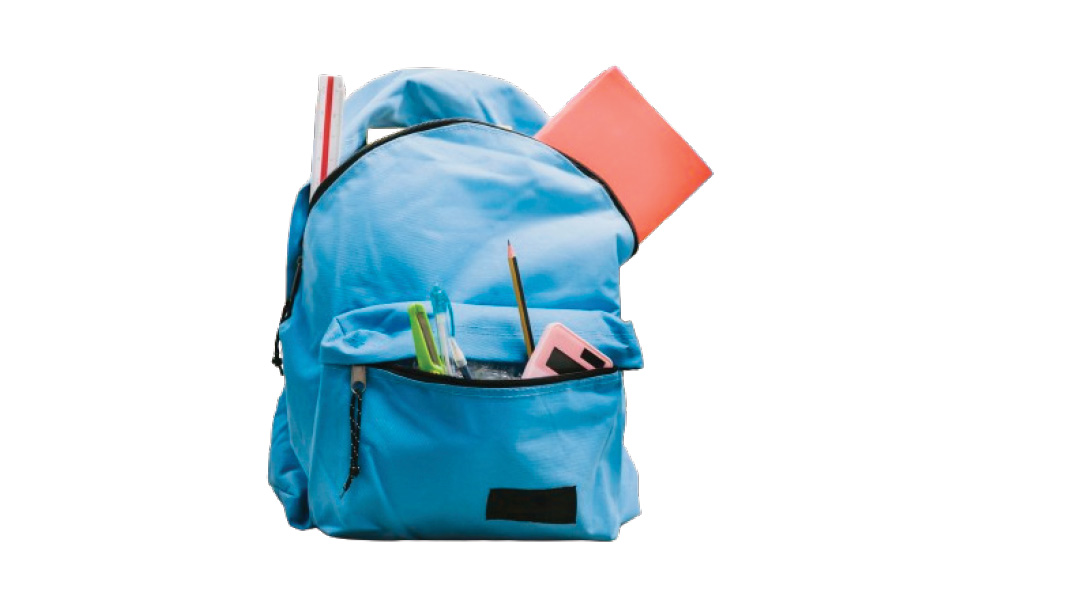Nachas Made Easy

It’s a small thing, yet it fills me with nachas that I never dreamed I would have

"E
asy nachas”— an oft-given brachah to a new parent. What makes nachas easy as opposed to hard?
Today my daughter came home and handed me her Chumash test. I see a big red “105” with the word “Metzuyan” stamped on top.
“A hundred and five!” I can’t help but scream. “You got a hundred and five on your Chumash test!”
“Yeah,” she casually explains, “It’s a perfect score. I got every single question right and also the extra credit question, and Morah even showed the principal.”
I scoop up my daughter in a giant hug and twirl her around. The score is not unusual for her. I actually can’t recall her ever receiving a mark below 95 on any test. But nonetheless, 105 on a Chumash test is something special.
I think back to my own experience studying Chumash during my elementary school years. My mother, a baalas teshuvah who could barely read Hebrew, would do homework with me. In those days the teachers didn’t send home handy teitch booklets for the parents to follow along with. It was just me, my mother, and the Pentateuch Chumash — the blue set every house had. A daydreamer, I often didn’t remember what I’d learned in class so mother would teach it to me, using the translated Chumash as her guide.
My mother would say the Hebrew words, then I’d attempt to translate. She would slowly read the words, not pronouncing them the way I was used to. I’d get frustrated. Before a test I would read the pesukim to my mother aloud while she wrote the words phonetically in English, essentially creating her own transliterated Chumash that she then used to test me. Together we both sat bent over the Chumash, and yes I tried, but I know Mommy tried harder.
After much tears and tantrums came the tutors. I hated having tutors. The tutors would sit with me for a whole hour studying Chumash while my evening whittled away. And my grades were still poor. My parents knew I tried hard. If I came home with a 70 on a Chumash test, my mother would be happy and say, “You got 70 percent of the material correct! That’s great!”
By the time I reached sixth grade, I refused to go for tutoring and declined my mother’s help. I muddled through it on my own or I studied with a friend. I got through high school and seminary, college and graduate school.
I still don’t know why I struggled so much with elementary school Chumash. Invariably, I’d get mixed up with the mi amar el mis and the al mi neemars. But I was a good girl and my failing Chumash year after year didn’t raise concerns. I was fine with it, my parents were fine with it, and the school didn’t seem to notice.
My daughter’s high mark on her test means a lot to me. It’s a small thing, yet it fills me with nachas that I never dreamed I would have. She excels at something that I failed miserably at. In a way, that’s the greatest kind of nachas a parent can have, for don’t we all hope and daven that our children should be better Yidden, achieve more than us?
(Excerpted from Family First, Issue 675)
Oops! We could not locate your form.







